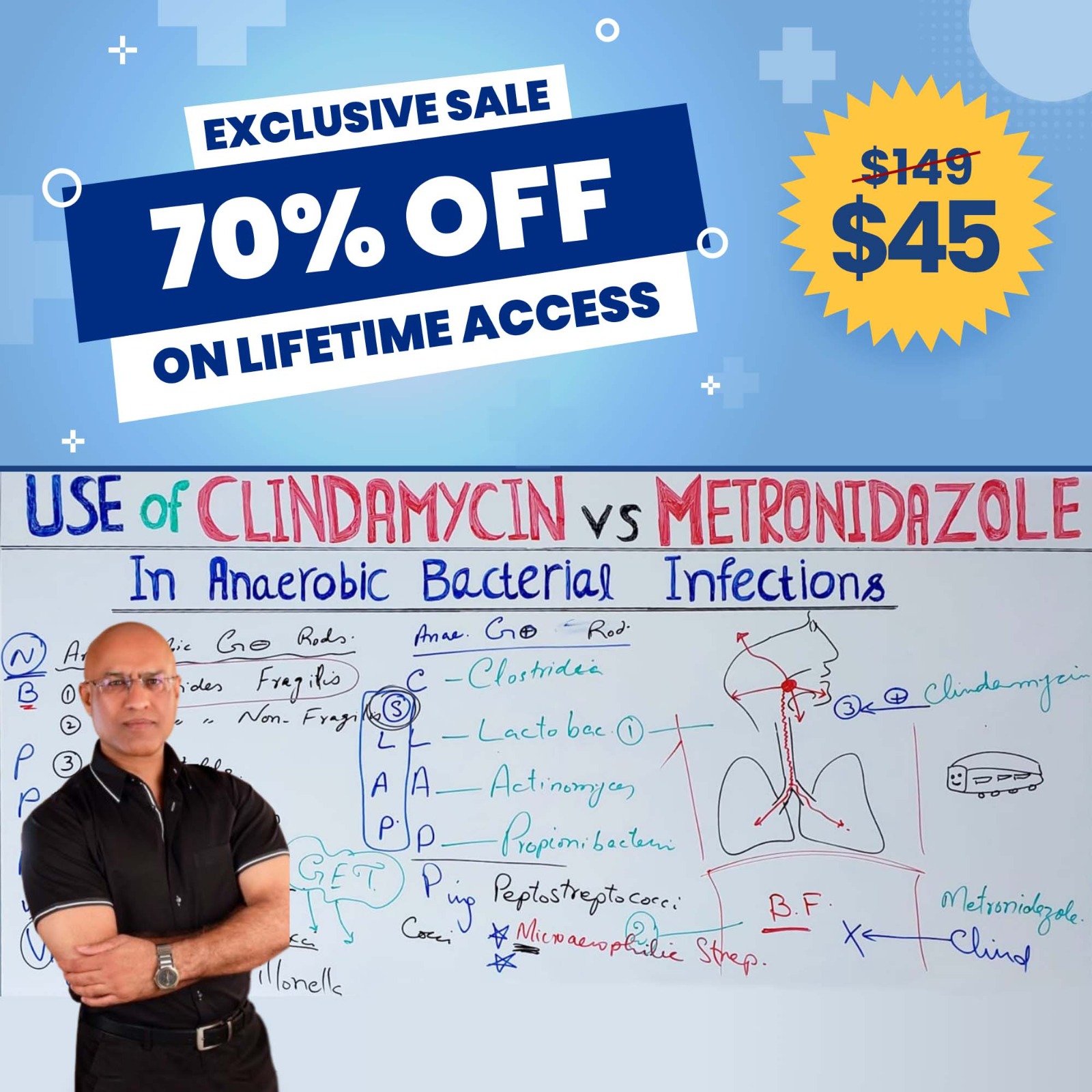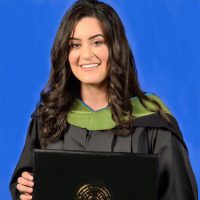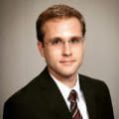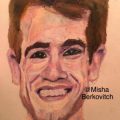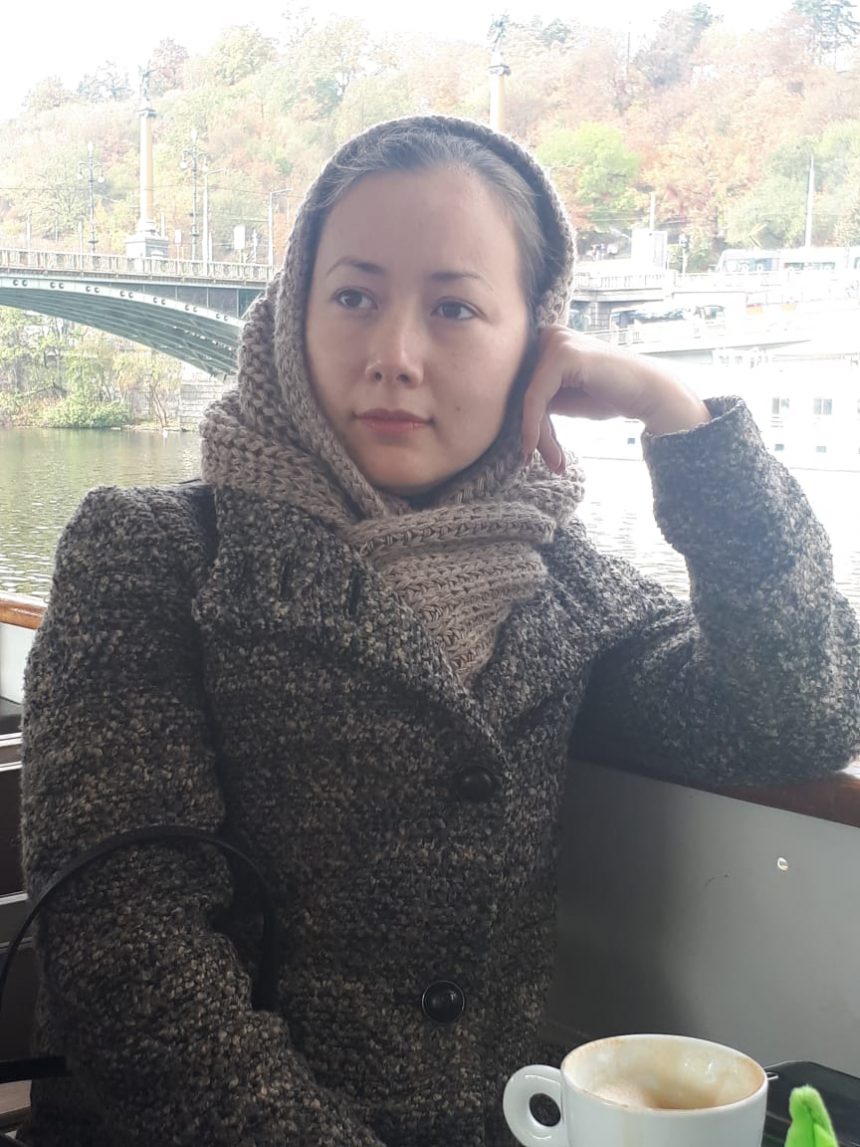University of North Texas Health Science Center
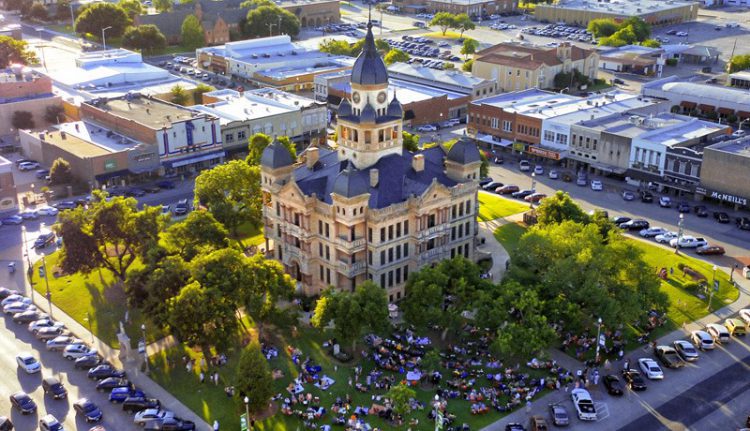
About University of North Texas Health Science Center
While the College offers excellent opportunities for research and training, the primary focus is on educating students to provide patient care in communities where there is a shortage of Doctors and Public Health Specialists. In 1970, the Texas College of Osteopathic Medicine (TCOM) enrolled its first batch of students. TCOM came under the umbrella of North Texas State University in 1975, which later developed into the UNT program which now includes Denton and Dallas campuses. TCOM grew into a graduate university with multiple colleges after the establishment of the Graduate School of Biomedical Sciences in 1993 and changed its name to the University of North Texas Health Science Center. Although incentives for minority students have expanded in other medical schools, the College distinctively addresses the special health care needs of the disadvantaged communities and continues to produce a significant number of the nation’s minority physicians.
- Encourage each other to make value-based decisions
- Consider the effect of your decisions
- Be good stewards of people and resources
- Demonstrate compassion, concern, and humility
- Promoting individual potential
- Uphold the strongest ethical standards
- Do what’s right, not just what’s simple even if no one is watching
- Be truthful, trustworthy and reliable
- Be open in your acts, learn from achievements and failures
- Be true to the mission and vision.
- Treating everyone with respect and compassion
- Gratefully recognizing others’ sacrifices and efforts
- Welcoming other views and facilitating dialogue
- Respectfully communicating in a timely, courteous and meaningful manner
- Promoting diversity of thought, ideas, and people
- Building confidence through upholding your word through actions
- Work together to build shared goals
- Merge abilities in discovering new ideas and exchanging best practices
- Pursue opportunities to engage others and break barriers
- Encourage each other to be more collective
- Offer and ask for the valuable feedback
- Appreciate others ‘ achievements and celebrate success
- Develop creative approaches in search of excellence
- Respectfully question the way things have always been done
- Find creative ways to deliver outstanding service
- Change to drive society forward
- Proactively implement new ideas
- HSC gives closure to the missing persons’ families and uses DNA evidence to support law enforcement
- HSC provides the country’s most comprehensive Forensic curriculum, educating students to locate missing persons and human remains using DNA technology.
- The Center for Human Identification is the largest contributor of DNA samples to the FBI’s Combined DNA Index System (CODIS) and National DNA Index System (NDIS), which facilitates the sharing and analysis of forensic DNA evidence for investigations into violent crimes.
- HSC also collaborates throughout the U.S with the National Center for Missing and Exploited Children, the police departments and medical examiners.
- The Gerontology Evaluation and Planning program offers extensive geriatric assessments for older adults with complex medical problems, cognitive impairment, and functional declines.
- The program of Seniors Assisting in Geriatric Education includes teams with geriatric patients who act as counselors for medical students, physician assistants, physical therapy and pharmacy students to ensure compassionate, patient treatment.
- Geriatrics Department provides a continuum of care for seniors in North Texas wherever they live, and offers hospice and palliative care.
- This is the future of healthcare in the United States and HSC leads the way in team-based training that puts the patient at the center of treatment decisions while controlling costs and reducing medical errors.
- UNTHSC’s newest institution, the UNT System College of Pharmacy, highlights the pharmacist’s increasingly important role in patient-based healthcare teams.
- 12 consecutive years in US News and World Report top 50 rankings for primary care
- Top 20 Medical Schools for Hispanics
- Best in Texas for Social Mission by Annals of Internal Medicine
- Ten educational outreach programs to mentor students of all ages for successful careers in health and science
- Founded Cowtown Marathon in 1979 and continues today as a presenting sponsor
- Co-founded Hispanic Wellness Fair in 1999
- Founding partner of FitWorth Healthy City Initiative
- Co-founded Texas Academy of Biomedical Sciences (TABS)
Values
The core values for the University of North Texas Health Science Center include:
Encourage growth, well-being, and progress of people:
Integrity
Respect
Collaboration
Be Visionary
Areas of Strength
Decoding forensic genetics
Aging Alzheimer Disease
Interprofessional Education
Awards
Community Service
Colleges and Degrees Awarded
Texas College of Osteopathic Medicine
Established in 1970
Doctor of Osteopathic Medicine (DO)
Graduate School of Biomedical Sciences
Established in 1993
Master of Science in Biomedical Sciences (MS)
Doctor of Philosophy in Biomedical Sciences (Ph.D.)
School of Public Health
Established in 1999
Master of Public Health (MPH)
Doctor of Public Health (DrPH)
Master of Health Administration (MHA)
Doctor of Philosophy in Public Health (Ph.D.)
School of Health Professions
Established in 2004
Master of Physician Assistant Studies (MPAS)
Doctor of Physical Therapy (DPT)
UNT System College of Pharmacy
Established in 2013
Doctor of Pharmacy (PharmD)
University of North Texas Health Science Center Admission
It is a selective entry to Texas College of Osteopathic Medicine. TCOM accepts students each year from a pool of highly qualified applicants. Located in the Student Service Center, the Admissions and Outreach Office provides guidance, workshops, application processing, and other related support. TCOM recommends prospective candidates to use online services to help them make informed decisions about career pursuance in osteopathic medicine. The Texas College of Osteopathic Medicine does not discriminate in its application and admissions because of race, ethnicity, color, sex, sexual orientation, gender, gender identity, national origin, age or disability, and religion. To be considered for admission to the Doctor of Osteopathic Medicine program at Texas College of Osteopathic Medicine, an applicant must meet the minimum criteria for the academic and admission test. A minimum of 90 semester credit hours (or an equivalent number of quarter hours) to a bachelor’s degree is expected from a regionally accredited U.S. college or university (or equivalent Canadian college or university). Applicants who receive a bachelor’s degree before matriculation will be given strong preference.
Biology
Chemistry
Organic Chemistry
Physics
Statistics
English
Prerequisite Courses
Texas College of Osteopathic Medicine (TCOM) has set up the following prerequisite course requirements for admission:
(At least 12-semester work-related credits and 2 laboratory work-related credits). It requires Biology courses in conventional science. Courses for non-scientific or medical career majors (Nursing, Pharmacy or Allied Health) are not appropriate for the prerequisites. Courses in human physiology and anatomy, molecular and cell biology, and microbiology are highly recommended.
(Minimum 6-semester course work credits and 2 laboratory course work credits). These must be courses that are incorporated in any conventional science field towards a baccalaureate degree. Such courses would familiarize themselves with analytical and volumetric techniques. Inorganic courses include General Chemistry, Physical Chemistry, and QA. Classes for non-scientific or medical career majors (Nursing, Pharmacy or Allied Health) are not approved for the prerequisites.
(Minimum 6-semester credits of course work and 2 credits of laboratory work). These must be courses related to a bachelor’s degree in any conventional science field. Organic courses need to have organic in the title of the course. Courses for non-scientific or medical career majors (Nursing, Pharmacy or Allied Health) are not approved for the prerequisites.
(Minimum 6 semester of course work credits and 2 laboratory research credits). It covers all courses in physics related to a baccalaureate degree in any area of mainstream science. Courses for non-scientific or medical career majors (Nursing, Pharmacy or Allied Health) are not approved for the prerequisites.
(A minimum of 3-semester credit or 5 quarter loan course) is required in statistics. Course may be administered in any academic discipline; course content should include descriptive statistics, hypothesis testing, sampling methods, relationship analyses, regression models and other sense studies. The course must be completed before enrolment.
(Two 3-credit semester courses). This requirement will be fulfilled by any course accredited by the English Department that fulfills the general education prerequisite of a baccalaureate degree. Neither remedial or developmental courses nor courses on ‘ English as a Second Language ‘ are accepted.
Admission Procedure
Primary Application
TCOM participates in the Texas Application Service for Medical and Dental Schools (TMDSAS), headquartered in Austin, Texas. We strongly encourage early applications. The primary application can be completed and submitted online via the TMDSAS website. If either the grades from classes or the MCAT scores are not included at the time of application, the processing of a request may be delayed. Legal transcripts of all previous college-level course work and MCAT scores must also be sent to the application service. Additionally, TMDSAS allows the premedical / health careers advisory committee of a candidate to submit a written report directly to the program. Letters from three (3) persons familiar with an applicant can fulfill this requirement if no advisory committee is present. The letters should be from members of the faculty and/or a psychologist who can determine the suitability of the candidate for medical school. Applicants are required to submit a letter of recommendation from an osteopathic physician who is familiar with the applicant. This recommendation may be sent directly to TCOM.
Secondary Application
TCOM requires the completion and delivery of its web-based secondary application.
Interview
The chosen applicants are called for interviews. The UNT Health Science Center (UNTHSC) based in Fort Worth performs interviews. Applicants usually visit the school and meet current students in the medical field. Interviewees could also sit in on classes held that day at the medical school.
Admissions Committee Evaluation
TCOM uses a comprehensive examination to select a diverse class with academic credentials and humanistic skills to become professional osteopathic doctors committed to patient care and service to their communities. A ranking is allocated to applicants who are recommended for admission by the jury. Scores range from 1 to 10, the maximum being 10 (Cognitive values: 5, Non-cognitive values: 5). Decimal values may be suggested. When a candidate is graded the following variables are evaluated.
Admissions Criteria for Doctor of Osteopathic
- Academic performance as an undergraduate student
- Academic performance as a graduate student
- Academic performance when attending high school
- Grades on the admission test for medical college (MCAT)
- Scores of interview
- Geographic diversity
- Socioeconomic background
- Contribution to the field of study
- Community activities
- Availability of members of the osteopathic profession while the student attended elementary and secondary school
- The first generation to go to college
- Letters of evaluation
- Contributing to class diversity.
Cognitive Values
Non-cognitive Values
University of North Texas Health Science Center Research
Trains future health care providers and public health workers at UNT Health Science Center, thus widening the limits of scientific discovery. The students in the schools learn to work in teams and build a creative attitude that will prepare them for a rapidly changing health landscape. UNTHSC remains committed to the deep purpose of transforming the lives of people by improving the lives of others. UNT Health Science Center and Quest Diagnostics, the world’s leading diagnostic information services provider, have developed a groundbreaking partnership that brings together data, analysis, and technology to help improve prevention and treatment for people at high risk for preventable diseases such as diabetes and chronic kidney disease. UNTHSC and Quest concentrate on leading new population health management approaches, which apply to methods for improving health care and lowering costs for certain groups of people who share similar attributes. Such as risk factors for, or diagnosis of, a form of illness. Through early diagnosis, many illnesses-diabetes, chronic kidney disease, and even certain cancers can be avoided. Quest successfully employed population health approaches on behalf of large self-insured companies and its own 60,000 staff and program participants to identify individuals at risk by reviewing test results and leading them to treatment, helping to support more favorable outcomes and preventing disease that is more severe and expensive to treat. With six graduate colleges and an annual research budget of $45.4 million, UNTHSC emphasizes creativity, entrepreneurship, and population health to enhance therapeutic interventions and patient experiences. The organization acts as an accelerator to assist Quest Diagnostics in developing strategies, methods and pilot programs that benefit certain groups of patients, and in the growth of strategies for improving the quality of health care.
University of North Texas Health Science Center Facilities
- Four Star Cafe
- Saint-Emilion Restaurant
- Tuktuk Thai
- World of Beer
- Michael’s Restaurant
- Piola
- Milano’s Pizza & Pasta
- Righteous Foods
- Buffet at the Kimbell
- Cafe Modern
- McDonald’s
- Eddie V’s Prime Seafood
- Blue Sushi Sake Grill
- Paris 7th
- Burgundy’s Local
- Steel City Pops
- Rodeo Goat
- 7-Eleven
- Hanabi Ramen and Izakaya Japanese Restaurant
- Mash’D
- Velvet Taco
- Fred’s Texas Cafe
- Salsa Limon
- Fred’s Cafe
- The Great Outdoors
- Gattis’s Pizza
- Sweet Sammie’s
- Cork & Pig
- Magnolia Motor Lounge
- Pappadeaux Seafood Kitchen
- The Springs
- Monticello
- Olympus 7th Street Station
- Trinity at Left Bank
- Sansom Pointe 55 + Community
- Alexan Summit
- Trinity Residences
- Firestone West 7th
- Broadstone on Fifth
- Parker House
- The Depot
- Lincoln Park at Trinity Bluff
- Hillside
- The Bowery at Southside
- Woods of Ridgmar West Apartments
Dining Facilities
Restaurants near University of North Texas Health Science Center
Residence
The UNT Health Science Center does not provide accommodation on campus. The university has, however, established a collaboration to help the incoming students locate homes, condos, and houses. All the details you need at the University of North Texas Health Science Center to find the perfect apartment, condo, home, space or other off-campus housing are available on the university web. The goal is to provide a straightforward, simple tool for students seeking an off-campus location. Fort Worth is a beautiful town with lots of great apartments near North Texas University Health Science Center.
Off-Campus Housing Facilities:
Student Organizations
All students are encouraged to get involved on campus to enrich the UNTHSC culture and their personal development. One way to engage is to enter a registered student organization. On the UNTHSC campus, several groups serve a range of interests within the health professions community. Student organizations are governed by Student Government Associations, Student Classes, and Student Organizations. The Health Science Center supports programs and activities in partnership with the Student Development Office which promotes the academic, technical, moral, social, physical, and emotional development of all students. Such organizations provide leadership opportunities for students at the local, regional, and national levels. There are over ninety active student groups and six student government bodies on campus; according to UNTHSC current policies and procedures, new organizations are regularly approved.
Habits for Being Successful in a Medical College
Choose People Around You Carefully:
You probably think about learning, developing and expanding your mind when you think of college and the experiences you will have there. But one thing you should also think about is the relationships, and friendships, you can develop in labs and classrooms during your period. Friendship is important to everybody, to some degree or another. But not only are you expanding your knowledge on a specific topic as you go through college, but you are also expanding as a person. Through making friends with their peers, students stand to gain a lot. These students will form study groups, discuss project ideas, commiserate about errors and celebrate victories and good grades. When you need to talk with someone who gets it, who knows better than someone who is attending your school, maybe even a member of your class? You should always try to expand your social circle and surround yourself with people who are helpful to you.
Dr. Najeeb’s Lectures
The primary reason people learn well through video is that according to Psychology, the human brain absorbs videos 60,000 times faster than text. Video-based learning is increasingly becoming a basic training requirement. In simple terms, people prefer to watch a video over reading documents, emails or articles online. The reasons for preferring video-based learning include that compared to other forms of content, video is more persuasive. Visuals address auditory and kinesthetic learners’ various learning styles. Video lectures are the best form of gaining knowledge and for medical students, the most authentic and handy source of knowledge is “Dr. Najeeb’s Lectures“. Dr. Najeeb’s Lectures are the world’s most popular medical Lectures, covering all the topics of Gross Anatomy, Neuro-anatomy, Embryology, Histology, Physiology, Biochemistry, Genetics, Pharmacology, Microbiology, Immunology, and Pathology. They are video lectures that cover almost all the topics in the current medical curriculum of most medical colleges. They contain visualization of what you study in your books. The hand-drawn illustrations in these lectures make it very easy to grasp the concepts. Furthermore, one can get lifetime access to these lectures and even download the app to avail them anytime, anywhere.
Avoid Cramming:
The idea of study reminds many students of the myth of late-term cramming practices and all-night activities. Often getting set to study may be a matter of knowing if you don’t get started right away and think of using whatever time remains you can end up failing the examination. Last-minute cramming technique frequently fails because you have to assimilate and incorporate vast amounts of information in too short a timeframe. You will probably feel confused and filled with information and ideas that seem unconnected. Such feelings are likely to contribute to a broader sense of anxiety and uncertainty about the exam. You can’t expect to do well with this kind of planning and attitude. If you hurry, you do not give yourself enough time to integrate ideas, to organize knowledge into coherent patterns, to examine and critique ideas, to focus on ideas to obtain a deeper understanding of their associations. The best tip for students is to study on time and never rely on cramming.
Identify your Correct Path:
First of all, you need to identify the right direction to take. You should always imitate the people who are successful in the area you’re following to choose the correct direction. By taking advice from the successful people and following their footsteps, you can start from the basics of how accomplished people began their journey and then introduce new ideas and innovate.
In the end, we would like to assure you that there are always ups and downs in life. Don’t lose hope, keep up with the hard work and Good Luck!

